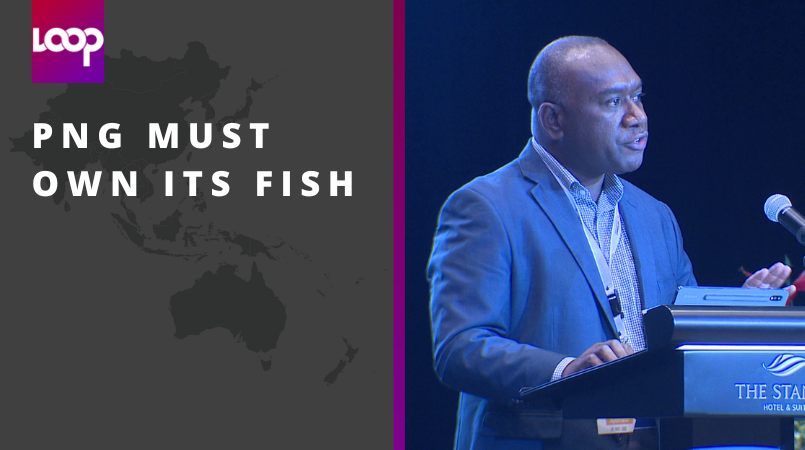
Fisheries is a lead economic driver to Papua New Guinea.
To date, the Fisheries Sector through the regulatory arm, the National Fisheries Authority (NFA) has made many notable achievements to date that includes;
- Attaining the Competent Authority status granted by European Union which sees them continuing to gain and consolidating the EU market access where PNG fish and fishery products are sold duty-free through the Economic Partnership Agreement,
- Exponentially increasing in the economic returns from tuna resources through the introduction and implementation of the Vessel Days Scheme,
- Overseeing the Value of exports of fish and fishery products surpassed the MTDP targets, where exports have now exceeded 1 billion kina,
- Advancing Market Access for fishery products into China, and
- Achieved Marine Stewardship council export status for exported fisheries products.
NFA Board Chairman Laurie William at the Special Economic Zone Summit this morning said, “It is time for the Fisheries sector to take the next step forward. Under the guidance of our Fisheries Strategic Plan 2021-2030, We are committed to the Marape Rosso reform agenda of Take Back PNG.”
Laurie said the sector has a number of reformative changes currently taking place, including a branch into the commercial space that will take the lead for reforming the commercial arm of the industry.
Alongside this, William said, “We are committed to the much talked about ‘Domestication Policy’ in our AW waters, which is our sovereign water. Our Mantra is, Our Fish Caught in our own waters, must be processed in our own manufacturing plants and exported and consumed by our own people.
William said at the core of these reforms, in order to meaningfully enhance the impact of the fisheries sector for stronger economic benefits for the country, PNG must take control and ownership of the fishing part of the sector by driving local content. PNG must own the fish caught in PNG waters.
“Once we have control of our fish resource we must create more downstream processing potential, enabling more export-driven business models and enhancing the operating environment for industry.
“To do this – we need urgent implementation of the Special Economic Zone Framework. This will be a key driver of us being able to implement our enabling infrastructure initiatives and establishment of our fisheries hub concepts,” stated William.
